|
|
|
|
After two postponements, millions of Ethiopians go to the polls on Monday. The polls will be taking place in a climate that neither Prime Minister Abiy Ahmed nor the nation of 110 million Ethiopians might have wished. A war in one of its 10 regions. Instability in another. Ethnic conflict and displacement elsewhere. Writing in February, Girmachew Alemu set out some of the challenges, as well as reasons for optimism. Now, Yohannes Gedamu argues an election victory will confer on the government the legitimacy to deal with domestic peace and security issues.
It is also better to hold elections now than have them delayed again, in spite of the obvious credibility gap, writes John Abbink. Will the election bring any meaningful change? If Abiy wins, as is widely expected, it’s a huge opportunity to correct his past missteps. Mohammed Girma explains why it’s time to probe the roots of fear, mistrust and violence that are threatening to tear the social fabric
of the nation. This is particularly felt among the country’s youth, who feel left out, write Nicole Beardsworth, Assefa Fiseha and Henok Kebede.
|
Julius Maina
Regional Editor East Africa
|

|
|
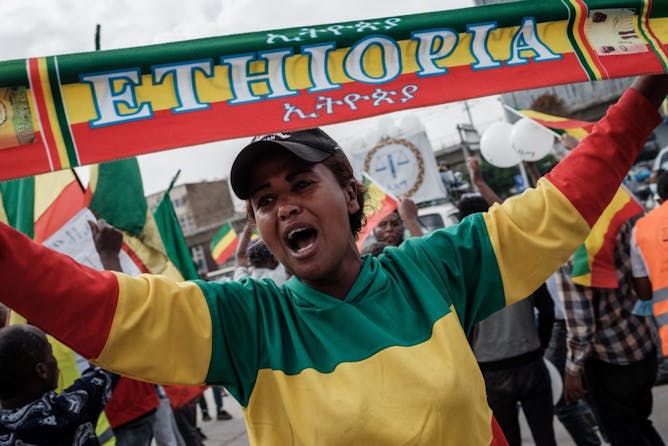
Supporters of Ethiopian Citizens for Social Justice opposition party rally at Maskel Square in Addis Ababa, on June 16, 2021.
Photo by Yasuyoshi Chiba/AFP via Getty Images
Yohannes Gedamu, Georgia Gwinnett College
A new government with popular legitimacy will have power to address lingering political, economic and security challenges.
|
|
|
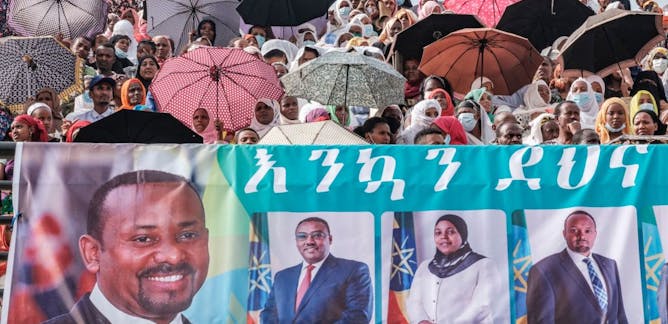
Jon Abbink, Leiden University
In Ethiopia's new and unsettled political space, there are issues related to the current electoral rules, the performance and strength of the opposition parties, and to campaigning.
| |
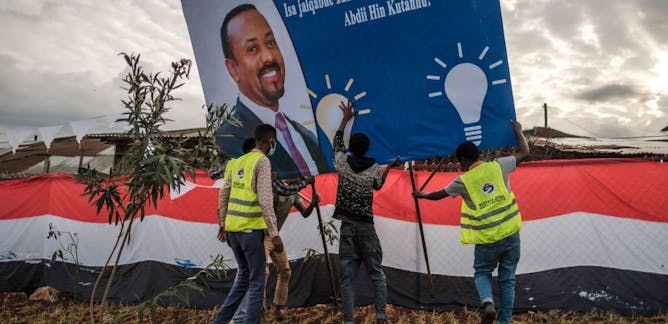
Mohammed Girma, University of Roehampton
Ethiopian politicians, both opposition and incumbents, have found it difficult to undo the political culture of winning by elimination.
|
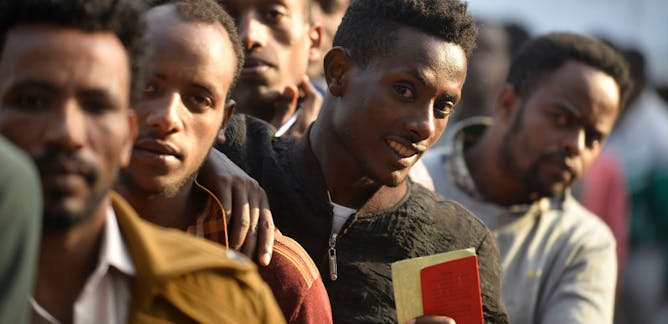
Nicole Beardsworth, University of Warwick; Assefa Fiseha, Addis Ababa University; Henok Kebede, Hawassa University
Ethiopian history shows that the demands of its young people can't go unaddressed for long.
| |
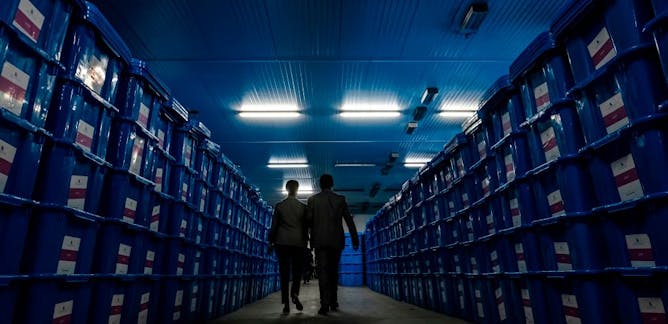
Girmachew Alemu, Addis Ababa University
Ethiopia’s party system is extremely volatile due to the prevalence of weakly institutionalised and fragmented political parties.
|
|
|
Politics
|
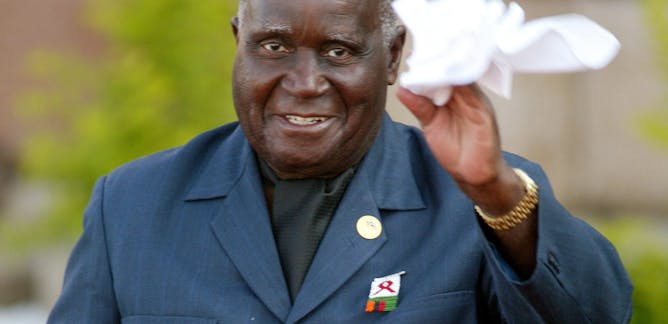
Gavin Evans, Birkbeck, University of London
Kaunda will be remembered as a giant of 20th century African nationalism -- a leader who gave refuge to revolutionary movements, a relatively benign autocrat and an international diplomat.
| |

Andrew Novak, George Mason University
The Malawi court’s decision provides a roadmap for future challenges to the death penalty in other southern African countries.
|
|
|
Arts, Culture + Society
|

Tjitske de Groot, Vrije Universiteit Brussel
Because of their appearance, people with albinism in Tanzania are often socially excluded and frequently (and sometimes violently) discriminated against.
| |
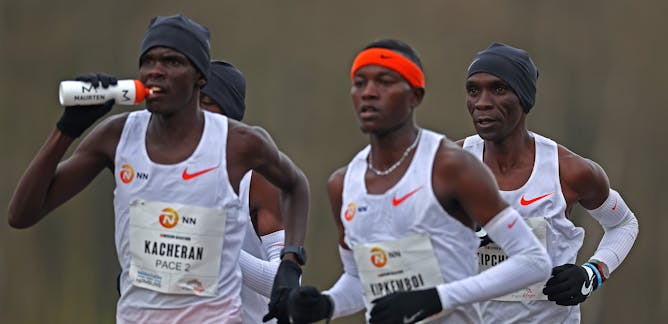
Tarminder Kaur, University of Johannesburg; Gerard A. Akindes, Northwestern University; Todd Cleveland, University of Arkansas
Sports in Africa, Past and Present examines the role played by leisure and professional sports in shaping African life, including resisting colonialism.
|
|
|
Science + Technology
|

Kimberley E.J. Chapelle, American Museum of Natural History
This is a crucial dinosaur for palaeontologists; the variety of fossils available means researchers can study the species' growth through its whole life span.
| |
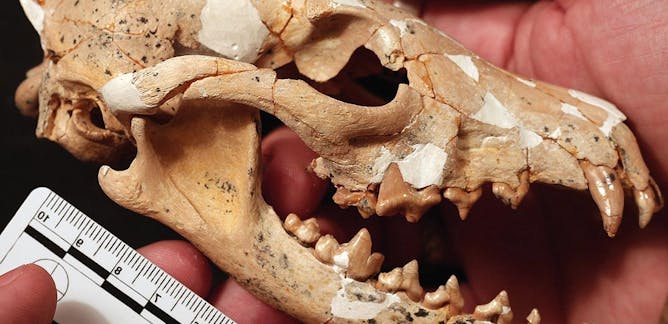
Alberto Valenciano Vaquero, Universidad de Zaragoza; Jorge Morales Romero, Museo Nacional de Ciencias Naturales (MNCN-CSIC); Romala Govender, University of Cape Town
Jackals appeared and established themselves in Africa in at least the last five million years. These animals have evolved and adapted to the changing environment, allowing them to survive.
|
|
|
Environment + Energy
|
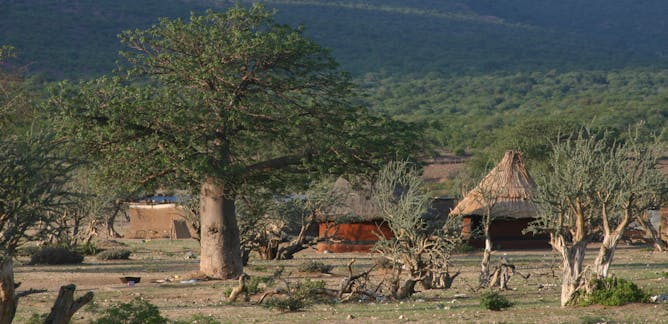
Glynis V. Cron, University of the Witwatersrand; Ed Witkowski, University of the Witwatersrand; Kelsey Glennon, University of the Witwatersrand; Sarah Venter, University of the Witwatersrand
Baobab flowers have male and female parts but individual trees appear to be favouring one rather than the other. To keep tree populations healthy and fruitful, both types are needed.
| |
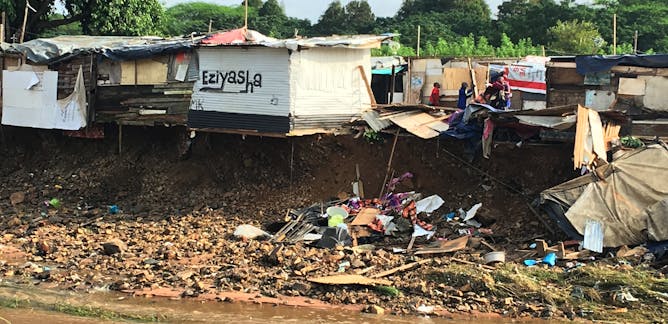
Nina Hunter, University of KwaZulu-Natal; Andrew Emmanuel Okem, University of KwaZulu-Natal; Catherine Sutherland, University of KwaZulu-Natal; Debra Roberts, University of KwaZulu-Natal; Marlies H Craig, University of KwaZulu-Natal; Michelle A. North, University of KwaZulu-Natal; Rob Slotow, University of KwaZulu-Natal
Climate change science dominated by knowledge produced in the global North cannot address the particular challenges faced by those living in the global South.
|
|
|
Health + Medicine
|

Dr Velisha Ann Perumal-Pillay, University of KwaZulu-Natal
A successful rollout isn't just about the physical points where people can get the vaccinations. It's also about having a trained workforce to administer them.
| |

Glenda Mary Davison, Cape Peninsula University of Technology
The reasons for the hesitancy to donate blood are complex and include a fear of needles and lack of awareness. Awareness and education drives to dispel the fear of donating are important.
|
|
|
Business + Economy
|
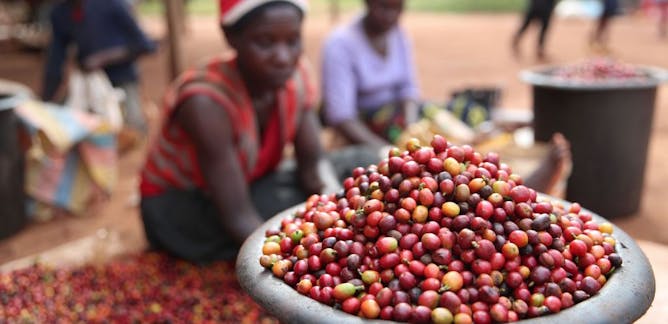
Timothy Njagi Njeru, Egerton University
Kenya needs to address spending inefficiencies to attain the goals outlined in the budget.
| |
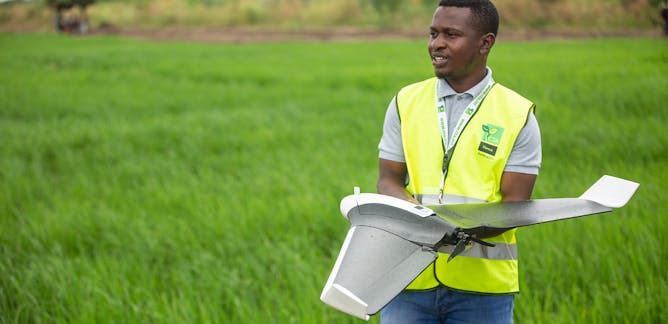
James Boafo, Kwame Nkrumah University of Science and Technology (KNUST); Kristen Lyons, The University of Queensland
Realities on the ground tell a different story from the claim that a Green Revolution ensures food security and increased income for smallholder farmers in Ghana.
|
|
|
| |
| |
| |
| |
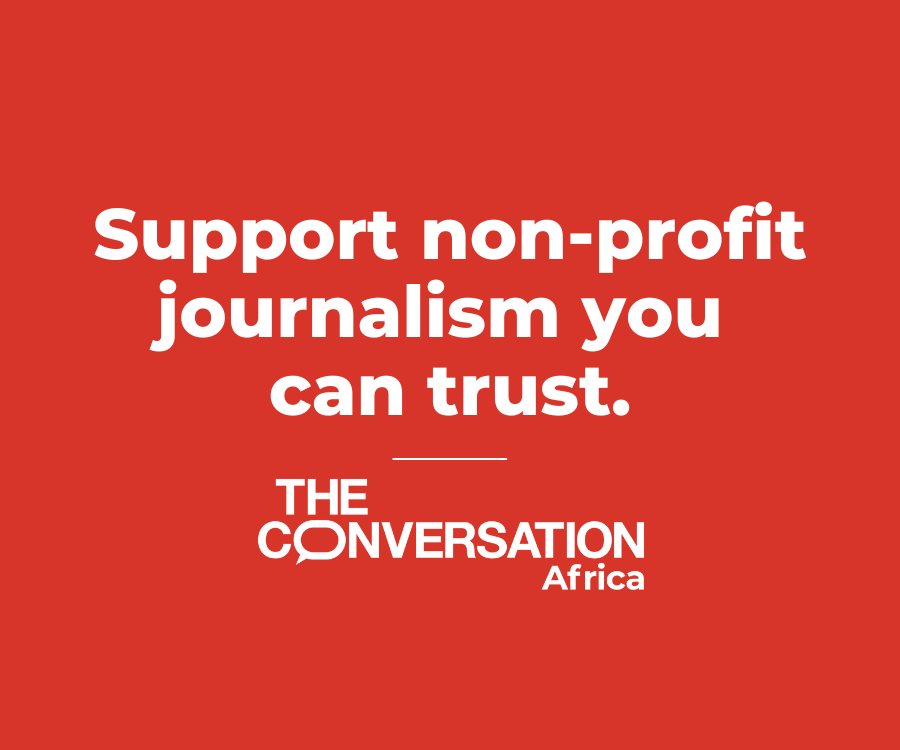
|
| |
| |
| |
Featured events
|

|
Wits University, 1 Jan Smuts Avenue, Johannesburg, Gauteng, 2050, South Africa — University of the Witwatersrand
|
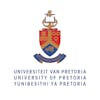
|
University Road, Hatfield, Gauteng, 0083, South Africa — University of Pretoria
|

|
Wits University, 1 Jan Smuts Avenue, Johannesburg, Gauteng, 2050, South Africa — University of the Witwatersrand
|

|
4th Floor, Johannesburg Business School, Cnr Barry Hertzog Ave and Empire Road, Milpark, Johannesburg, Gauteng, 2092, South Africa — University of Johannesburg
|
|
|
|
| |
| |
| |
Would you like to republish any of these articles?
|
|
It’s free to republish, here are the guidelines.
Contact us on africa-republish@theconversation.com in case you need assistance.
|
| |
| |
| |
| |
|
|
|
|
|
|
|